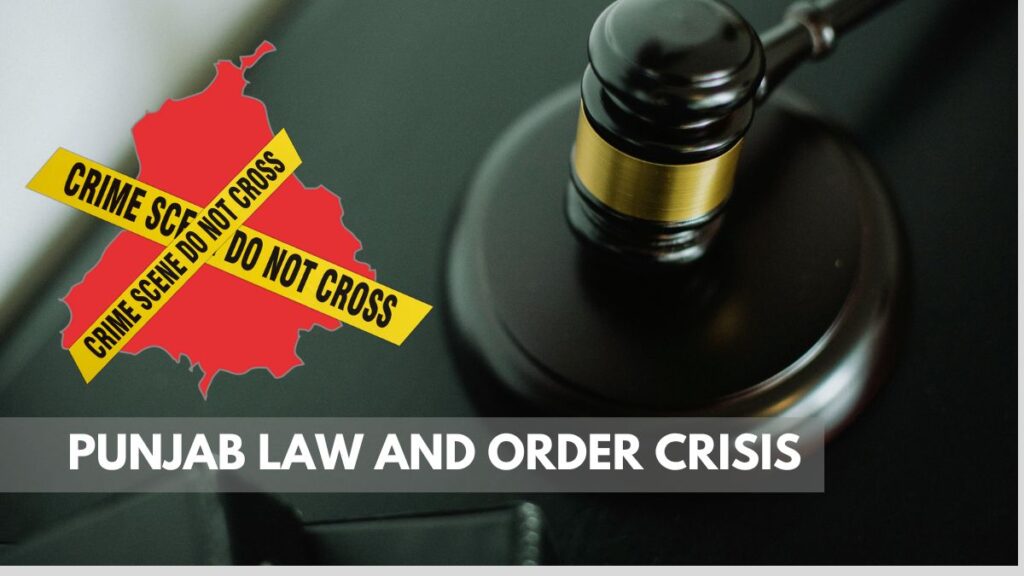Telegram Founder Pavel Durov Arrested at French Airport
The arrest of Telegram CEO Pavel Durov at Bourget airport near Paris over the weekend sent shockwaves through the tech world. As the head of a platform with 900 million monthly users, Durov’s detainment on charges that could include enabling fraud, drug trafficking, organized crime, promotion of terrorism, and cyberbullying is unprecedented. This event marks a significant moment in the ongoing struggle between tech giants and regulatory authorities, particularly within the European Union.
The Arrest of Pavel Durov: A Shocking Event: The circumstances surrounding Pavel Durov arrest are as dramatic as they are unexpected. Durov, an icon among free speech advocates, has long been a controversial figure. His refusal to comply with government requests to hand over user data, most notably to the Kremlin, has earned him both admiration and suspicion. The fact that he has been living in Dubai since refusing to give up users’ data to the Kremlin on his Facebook-like platform, VKontakte (VK), adds another layer of complexity to his story.
Despite becoming persona non grata with the Russian government, Durov has never fully escaped the suspicion among Western elites that he might still be in league with the Russian state. These suspicions have only been fueled by the Russian government’s call for his release, with former president Dmitry Medvedev proclaiming, “for all our common enemies now, he is Russian.” Medvedev’s comment highlights the complicated international politics at play and raises questions about the true nature of Durov’s relationship with Russia.
Telegram, the platform Durov founded, has gained notoriety for its strong privacy features, particularly its use of encryption. In an era where digital privacy is increasingly compromised, Telegram’s commitment to user privacy has made it popular among those who wish to avoid the scrutiny of other platforms. However, this same commitment to privacy has also made Telegram a tool for those with less benign intentions.
The French authorities’ accusations against Durov include enabling the distribution of child abuse images and providing a vital organizational tool for organized crime. These charges are serious and, if proven, could have far-reaching implications for the way tech companies are held accountable for the content shared on their platforms.
Telegram’s defense, that it abides by EU laws, including the Digital Services Act, and that its moderation practices are within industry standards, is unlikely to satisfy critics. The arrest of Durov challenges the notion that tech platforms and their owners can escape responsibility for the misuse of their services.
Durov’s arrest could signal a shift in the European Union’s approach to regulating big tech. For years, Europe has had a complicated relationship with Silicon Valley, marked by attempts to enforce strong regulations designed to limit the harms of social media. However, these efforts have often been seen as little more than an annoyance by the tech giants, who have largely continued with business as usual.
The European Union’s Digital Markets Act and Digital Services Act represent a new, more assertive approach to regulating big tech. These legislative packages give the EU the power to rein in the excesses of tech companies and hold them accountable for the content shared on their platforms. The arrest of Durov may be the first indication that the EU is serious about enforcing these regulations and that tech executives could face personal consequences for their companies’ actions.
The arrest of Pavel Durov raises important questions about the future of tech regulation and the potential consequences for other tech moguls. While Durov may not have the same public profile as figures like Meta’s Mark Zuckerberg or X’s Elon Musk, his arrest serves as a warning that even the most powerful tech executives are not immune from the reach of European regulators.
For Zuckerberg and Musk, the arrest of Durov might be a wake-up call. While Zuckerberg’s elevated public profile may protect him from immediate legal consequences, Musk’s relationship with European regulators is more tenuous. His recent posts on his platform suggest a growing awareness that he could be next in line for scrutiny.
The arrest of Pavel Durov marks a potential turning point in the relationship between big tech and regulatory authorities. For too long, tech companies have operated with a level of impunity, confident that their wealth and influence would protect them from the consequences of their actions. However, as the European Union steps up its efforts to regulate the digital sphere, it is becoming increasingly clear that this era of unaccountability may be coming to an end.
Durov’s arrest serves as a stark reminder that tech executives can no longer afford to ignore the demands of regulators. As the EU continues to implement its new regulatory framework, other tech moguls will likely be watching closely, aware that they too could face similar consequences if they fail to comply with the law.
Telegram’s role in recent global events has not gone unnoticed. The platform has been linked to several high-profile incidents, including the organization of riots in the UK earlier this summer. The footage of these riots, disseminated through Telegram groups, found its way to other platforms, further amplifying the violence.
Moreover, anti-racism campaign group Hope Not Hate has identified Telegram as the “app of choice” for racists, highlighting the platform’s appeal to those seeking to avoid the scrutiny of more regulated services. These incidents underscore the challenges that platforms like Telegram pose to regulators and the importance of holding tech companies accountable for the content shared on their services.
As the legal proceedings against Pavel Durov unfold, the future of Telegram hangs in the balance. The platform’s continued operation will likely depend on its ability to navigate the increasingly complex regulatory environment in Europe and beyond. For Durov, the stakes could not be higher. If found guilty of the charges against him, he could face significant legal penalties, including prison time.
Telegram’s defense that it abides by EU laws and that its moderation practices are within industry standards will be put to the test in the coming months. The outcome of this case will likely have far-reaching implications for other tech companies and their executives, signaling a new era of accountability in the digital sphere.
The arrest of Pavel Durov is a watershed moment in the ongoing struggle between big tech and regulatory authorities. As the first major tech executive to face legal consequences under Europe’s new regulatory framework, Durov’s case will be closely watched by other tech moguls. The message is clear: the era of unaccountability for tech companies is coming to an end, and those who fail to comply with the law may find themselves facing serious consequences.
For the European Union, Durov’s arrest represents a significant victory in its efforts to regulate the digital sphere. By holding tech executives personally accountable for the actions of their companies, the EU is sending a strong message that it is serious about enforcing its regulations. As the case against Durov unfolds, it will set a precedent for future regulatory actions against big tech, signaling a new era of accountability in the digital age.

Law and order crisis in Punjab, what Akali Dal and BJP are warning us about
Akali Dal and BJP’s strong rhetoric about the degradation of law and order Leaders from various political parties harshly criticized the Bhagwant Mann-led Punjab government following a violent attack on an NRI in Amritsar. On Saturday, they expressed concerns over what they described as the deteriorating law and order situation in the state. Shiromani Akali …
Stay connected with NH Punjab on social media. Follow us on Facebook, Twitter/X, and Instagram for the latest news updates, behind-the-scenes content, and more. Engage with us online and be a part of our growing community.
Sign up for our newsletter to get the latest news delivered straight to your inbox. Follow us on social media for real-time updates and engaging content.

International Drug Smuggler Arrested in Punjab Police Operation
Simranjot Singh Sandhu International Drug Smuggler arrested The Punjab Police, in a remarkable collaboration with a central agency, has successfully apprehended Simranjot Singh Sandhu, an international drug smuggler and the mastermind behind the notorious 487 kg cocaine smuggling case in Germany in 2020. Director General of Police (DGP) Gaurav Yadav announced this significant development on …
Have questions or need more information? Feel free to reach out to us through our Contact Page. You can also learn more about our mission and team on our About Page.

Mastermind Behind 2016 Nabha Jail Break Extradited: How Ramanjit Singh Romi Was Finally Captured
2016 Nabha Jail Break Mastermind Ramanjit Singh Alias Romi Extradited to India from Hong Kong In a significant development in the 2016 Nabha Jail break case, Ramanjit Singh, also known as Romi, the main conspirator behind the notorious incident, has been successfully extradited to India from Hong Kong. This marks a major victory for the …
For more details, visit our Privacy Policy, Disclaimer, and Terms and Conditions.
Stay connected with NH PUNJAB (Punjabi), where your news journey begins.

